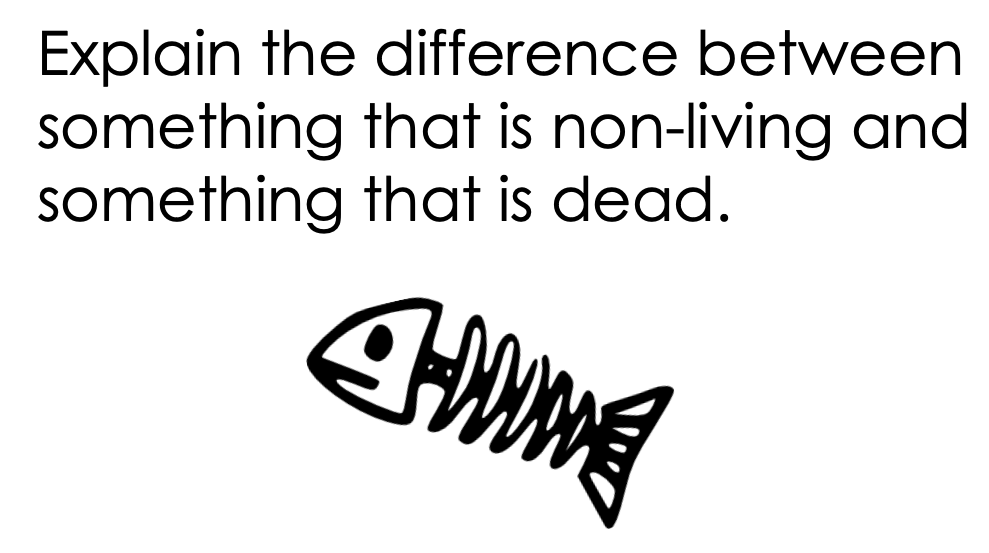What is the independent variable in an experiment?
the variable deliberately being changed
Biology is the study of _________.
Life
What does HYDROPHILIC mean?
likes water or attracted to water, dissolves easily in water
What should you do if you notice damaged equipment or something breaks in the lab?
Tell the teacher, DO NOT try to clean broken glass yourself.
What type of data involves numbers and measurements?
quantitative data
What is a disadvantage of asexual reproduction?
no genetic diversity
What is an example of a substance that is HYDROPHOBIC?
oil, wax paper, butter, etc.
What should you do if you are absent?
Check schoology for missing work and talk to teacher.
What is a primary goal of science?
To investigate and understand nature.
To explain events in nature.
To use explanations to make useful predictions.
Genetic material is needed for organisms to...
grow, live, and reproduce.
What is responsible for waters different properties?
Hydrogen bonds
Where are you allowed to eat in class?
At the desks, NOT at the lab tables.
What is qualitative data?
Data that relates to the quality of something. Like the reaction produced bubbles.

Dead means you were alive at one time. Non-living means the organism was never alive.
What is the difference between COHESION and ADHESION?
Cohesion is when water sticks to water and adhesion is when water sticks to other polar substances.
Explain ALL of the steps involved in using the hall pass.
Ask the teacher
Sign out with date, name, time left, and location
Take the pass
Sign back in with the time you return
Why is it important to only change one variable in an experiment?
Changing only one variable allows scientists to determine the specific cause-and-effect relationship between that variable and the observed results.
Name FIVE of the Characteristics of Life.
Made of Cells, contains genetic information, responds to environment (stimuli), growth and development, adapts to environment (evolves), obtains and uses energy, maintains homeostasis, ability to reproduce.
Explain how the polar nature of water contributes to waters ability to form hydrogen bonds.
Waters polar nature gives each water molecule a slight positive charge on the hydrogen side and a slight negative charge on the oxygen side. The opposite charges of different water molecules are attracted to each other and that creates a hydrogen bond between different water molecules.
What should you do before starting any experiment?
Read all instructions, check equipment for damage, and put on proper PPE.